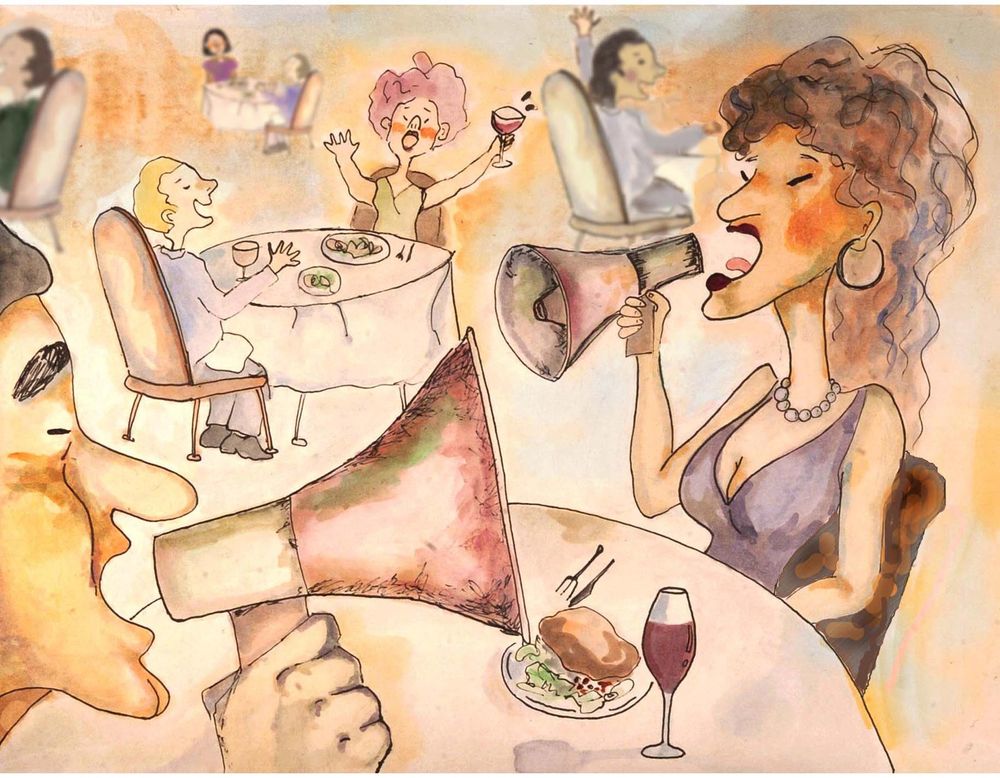
I love Thanksgiving. It’s my favorite holiday. Besides all the great food and football, for me it is an amazing blessing to have one day where we talk with family and friends about what we are grateful for.
Earlier in my career as a development director I loved this time of year, as it helped everyone in my organization (not just the development team) to think about donors.
For those of you working with major donors in the US, Thanksgiving gives you a great opportunity to reflect on how you can thank your donors in a meaningful way that will surprise and delight them. I’m actually writing this blog post well before Thanksgiving so you have time to really think about how you will show your donors how grateful you and your organization are for being part of your mission (besides sending them a Thanksgiving card).
Here are some ideas for you to consider as you reflect on how grateful you are for your donors:
- Invite your donors to a staff Thanksgiving event. I know many non-profits that show their appreciation for staff by throwing a special Thanksgiving lunch. Why not invite your donors to sit with your staff on that day? This is a great opportunity to bring staff and donors together, and this gives leadership the ability to thank both. Think about it. If you truly believe your donors are part of your mission, then being at the same table with staff is a great way to bring them together.
- Create a mission-specific gift for your major donors. I cannot tell you how many times I’ve been in the homes or offices of major donors who have objects like artwork or letters written by children framed and put on their walls from non-profits they support. To the outsider, it may look totally cheesy and out of place, but for the donor it means everything. Something meaningful yet simple, created by someone who has been a recipient of that donor’s gifts, is incredibly powerful. I’ve listened to a donor go on and on about what a very simple drawing from a little girl who was in a shelter meant to him.
- Send a word of encouragement and thanks. This one is delicate, but if you know something about a donor who has had a rough year or some tragedy has happened to them, speaking to that specific hurt and offering words of encouragement through a note or a letter could have a tremendous impact on your donor. Remember, donors are just as much part of your mission as what your non-profit does to serve the world. Remembering that is the case, you know that helping to alleviate the suffering of your donor can be just as powerful. Don’t be afraid to be real with your donors and offer kindness and help in some way, as you thank them for all of their support.
- Create Thank You signs and simple videos. One of the most powerful expressions of thanks I ever witnessed was watching a video with a room full of donors that a non-profit put together, showing the completion of a school in Africa. After they showed the completed school, they showed students, who all had hand-written signs on cardboard that said “thank you” and the names of donors on them. Very simple, but incredibly emotional. There was not a dry eye in that room. How powerful would it be to ask staff and clients in your organization to say thank you to a specific donor on your caseload while you take a simple video on your phone? Then send it directly to that donor. What an impact that would make!
- Write a handwritten letter of thanks. For the “A” level donors in your portfolio, how powerful would it be to send not just a thank you card, but to actually write a real letter in your own handwriting telling your donor how much they mean to the organization? Believe me, no one gets handwritten letters anymore. Not only will it get read, but it will be cherished, because a donor will know how much effort and love you put into that letter. My guess is that your donor will probably frame it and put it up on her office wall.
Those are a few simple, yet unique and powerful, ways for you to consider thanking donors this year. In the busy-ness and rush of the year, don’t allow your “thank yous” to be an afterthought. Let them be authentic, real and meaningful.
Jeff






0 Comments